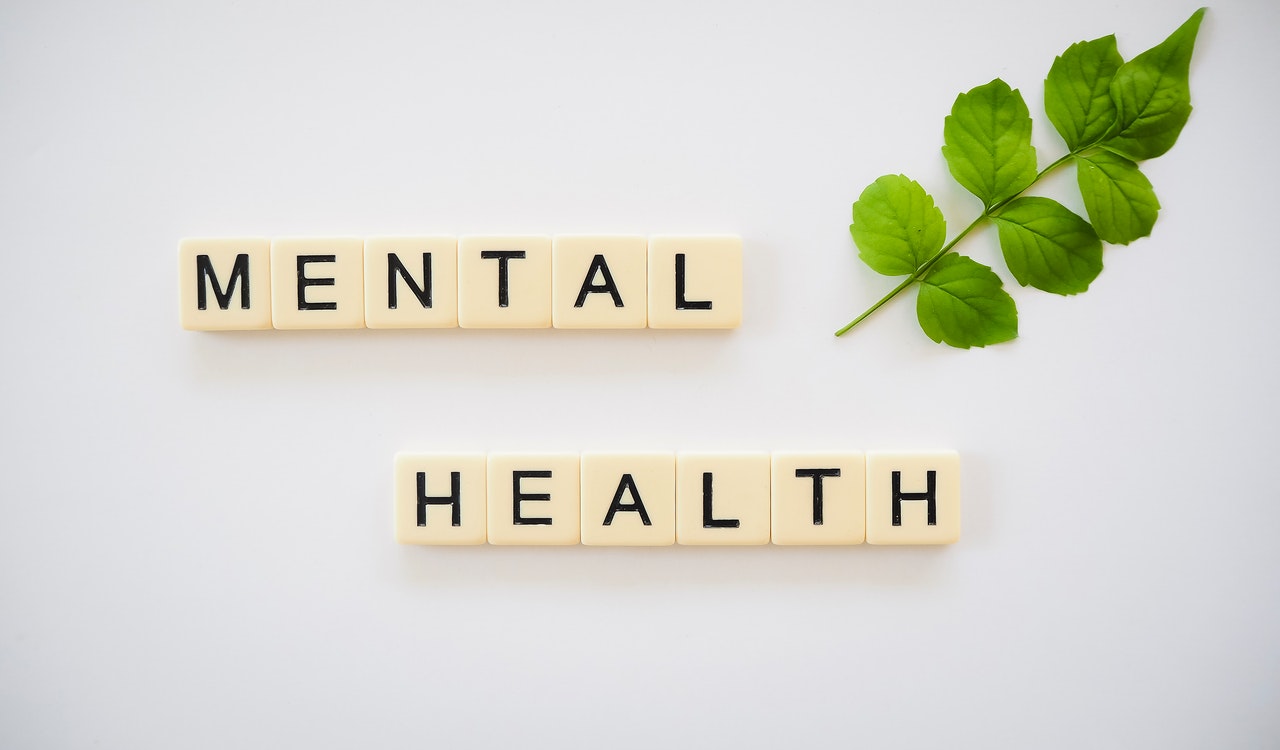
This Golden Vitamin Linked to Dramatically Improved Mental Health
Failing mental health is one of the biggest issues in the U.S. today.
Despite the fact that we live in one of the most advanced societies ever, people seem to be feeling worse about life than at just about any other time in history.
There are obviously a handful of factors that contribute to poor mental health, and I don’t plan on getting into all of them within this article.
The aspect of mental health that I think is most easily fixed has to do with low levels of vitamin D.
Vitamin D is “the sunshine vitamin”.
And while vitamin D is often referred to as a vitamin, the truth is vitamin D is actually a powerful hormone, a hormone that doesn’t just help you form strong bones, fight off infections, among other things… but has the power to keep your mental state in tip-top shape.
How Vitamin D Is Made and Why It Affects Mental Health
Present in your skin at this very moment is a substance called “7-dehydrocholesterol (7-DHC)”.
Everyone has 7-dehydrocholesterol (7-DHC) in their skin, and it’s just sitting there waiting to be activated by sun rays.
When you expose large swaths of skin to sunlight, the UVB rays from the sun cause the 7-DHC to change forms and become something known as pre-vitamin D-3.
From there, pre-vitamin D-3 becomes vitamin D-3. Once the vitamin D-3 is made it’s shuttled down to the liver and kidneys where they take vitamin D-3 and change it into the biologically active form of vitamin D-3 called calcitriol.
This is why vitamin D-3 is called the sunshine vitamin. Without exposure to the sun it’s virtually impossible for your body to make calcitriol.
The only other way for your body to make calcitriol? Supplement with vitamin D-3 (not vitamin D2). When you supplement with vitamin D-3 your body doesn’t need to rely on sun exposure to convert vitamin D-3 into calcitriol. Instead, by taking a supplement you bypass the first two steps of calcitriol production and your body goes right to the work of converting the supplemental form of D-3.
That’s how vitamin D-3 is made in the body, both ways are natural and effective for keeping vitamin D3 levels healthy.
Now you need to know how vitamin D-3 plays a role in mental health.
The truth is we’re not exactly sure how it helps to regulate mental health, however, there’s ample research showing a deficiency can lead to occasional feelings of sadness, and moodiness.
Vitamin D-3 receptors are located all over your body. And there just happen to be billions (if not trillions of them) in your brain.
While we’re not exactly clear on why they’re there, we can tell if there’s not enough vitamin D-3 in your body then it somehow affects brain chemistry. There is the possibility that since vitamin D-3 acts as a hormone that it may influence hormone levels in such a way as to improve mood (there is strong evidence showing unbalanced hormone levels may lead to mental health issues).
Take a few of the studies collected below that examine the role of vitamin D-3 deficiency and brain health.
3 Studies Showing Low Levels of Vitamin D-3 Affect Brain Health
One of the reasons we’ve begun to suspect that vitamin D-3 plays a role in keeping our mental health intact is based on what we’ve seen happens when people don’t get enough sunshine.
Known as seasonal affective disorder (SAD), multiple observational studies support the notion of lowered exposure to sun, and therefore possible deficiencies in vitamin D-3, tend to result in a sour/sad mood.
And many times once exposure to sunlight increases, the temporary downturn in mood is reversed.
To test out whether or not it’s the vitamin D-3 that is causing this change in mood, researchers gave people who had suboptimal levels of vitamin D-3 around 6 times the normal amount of vitamin D-3 a person is recommended to have.
They found that these people, who had reported feeling down and low for a while, saw their symptoms resolve in a matter of weeks.
Additional studies, one from 2016 and one from 2017, looked at people whose mental health was in decline. Researchers observed that all of them had suboptimal vitamin D-3 levels.
And in a small study, endocrinologist and health researcher Sonal Pathak, MD replicated those other studies.
In her study, Dr. Pathak asked 3 women with various health concerns that could lead to declining mental health to take vitamin D-3 to see if it would improve their mood.
At the beginning of the study Pathak's observed the subject’s D-3 levels and concluded they were deficient in this necessary vitamin,
They were all asked to take vitamin D-3 in supplemental form to raise their levels so they were in the healthy range. Once they restored their vitamin D-3 levels they reported their mental situation had improved from what it had been at the start of the study.
Though small, this study confirms what a large sampling of other studies indicate, fixing vitamin D-3 deficiencies can help improve mood and make you feel better.
Not all Vitamin D Supplements Are Created Equal
If you’re already convinced a vitamin D supplement is good for your health (i.e. you already know they’re good for keeping your bones healthy, improving immunity and supporting heart health) and now you see the usefulness of taking one for mental health I have something to share with you.
In my experience with patients and observing their blood levels of vitamin D-3 after taking supplements, I’ve come to conclude the minimum amount of vitamin D-3 you should take is 5,000 IUs.
In my professional opinion, 7,500 IUs is the appropriate amount to supplement with.
And that’s because 7,500 IUs is highly effective at boosting blood levels of vitamin D-3.
It’s nearly impossible to find a 7,500 IU vitamin D-3. Most of the time people have to buy two bottles to get the amount I recommend.
Since that can be a bit of a hassle and because it can also be expensive, I made a 7,500 IU vitamin D-3 for my patients.
Patients who take it find it is powerful and effective for reversing vitamin D-3 deficiencies.
I’d say you can take it and expect it to keep your mental health in tip-top shape.
Click here or on the image below to get it for yourself today.




